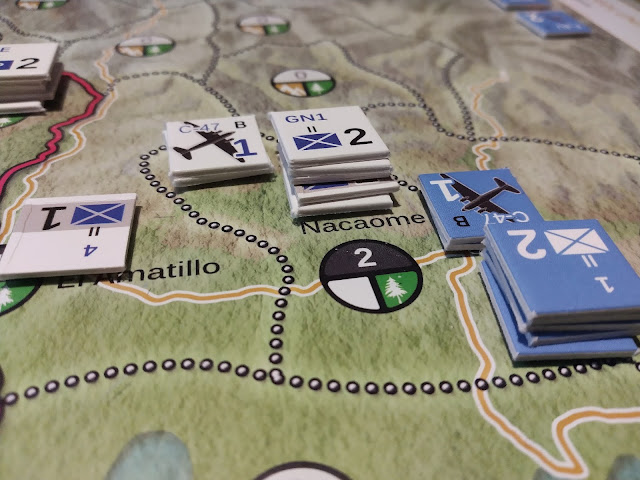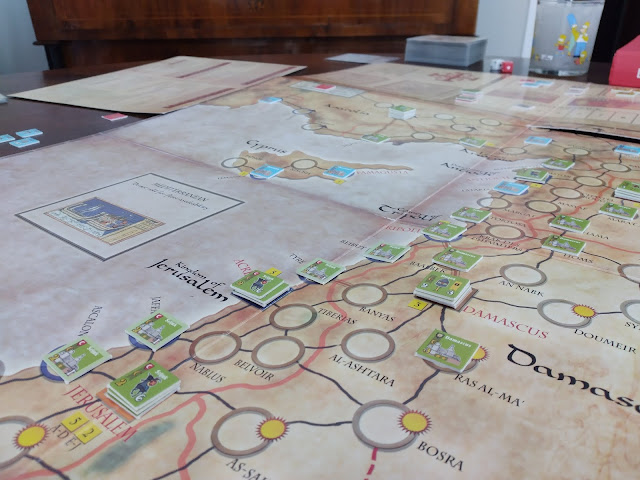Hellenes. The Archidamian War. Part 1 (of 2)
Athenian: Alex Isabelle
Spartan: Laura Beltrami
The year is 431 BC, and the Spartans break the tie: without thinking twice they gather their troops from Corinth and besiege Plataea. It is the beginning of the Peloponnesian Wars. Their troops, which popular tales want to be very numerous, do not scare the Athenians, who put together a variegated and very angry dream team and proceed to engage the besieging army. The resulting clash is the first battle of the Peloponnesian Wars: a no-holds-barred brawl that ends with a head-to-head of the hoplitic phalanxes of the two cities. The Spartans, unprepared for such aggression, flee, abandoning the battlefield and reorganizing further south, in the territories adjacent to Corinth.
In truth, the war had already begun far to the north, in Potidea, a rebel tributary city to Athenian power, where Spartan troops had barricaded themselves hoping for reinforcements from the south. Reinforcements had in fact arrived, but not for their faction: a large contingent of ships from Attica had in fact joined the Athenian besiegers. After seeing themselves hungry for several seasons, in the first days of winter they were vanquished by the attackers, who then restored their authority over the rebel province, just as the nearby city of Torone also joined the rebellion. At that point the many troops responsible for the liberation of Potidea became "the fleet of Attica", a squadron specialized in the suppression of revolts, which began to sail between Chalcis and Ionia, silencing the thinkers in favor of Spartan leadership, obtaining great successes but committing atrocities, suitably inflated to perfection by Spartan propaganda: this caused the Athenian cause to lose prestige.
The clash moved towards the center of the map: over the next two years Lepanto was attacked in force by Spartan troops from Aetolia, and conquered, while the villages around Plataea, left without garrison due to rearrangements of the Athenian maritime front, were plundered. The island of Zakynthos, after an incredible and long defense by the tiny local garrison who ridiculed the Spartan fleet so harshly that it attracted the scorn of all of Greece to it, was conquered. Athens finally risked to collapse definitively when a handful of troops from Thebes ascended Boeotia, Aetolia and Thessaly, gathered reinforcements from the barbarian Macedonia, and attacked Amphipolis, a very important center on the coast of Thrace.
It was 428 and the war could not have lasted a year longer, under these conditions. Athens, however, once again managed to completely re-stabilize the game. Taking advantage of the retreat of the Macedonian barbarians and challenging the wrath of Poseidon, to whom appropriate sacrifices had fortunately been made in previous years, the aforementioned fleet of Attica launched an operation, starting from the coasts of Ephesus and attacking Amphipolis. The few Spartan defenders, left alone by the Macedonians, were crushed, and order was restored. At the same time, a smaller and varied number of troops from mainland Greece, loyal to Athens, took control of Phocis, Heraclea, Ambracia and Leuca - the latter was involved in a civil war and did not resist Athenian troops. Cities which, alone, would have little influence on the Greek political landscape, but altogether they are very numerous.
After a counter-offensive by the Illyrian and Epirian barbarians, the league of Sparta was unable to regain control of Ambracia and to conquer Epidamnio, which was defended by a large number of well-organized navigators. Instead, Naxos fell, now occupied by a courageous Spartan fleet.
We are therefore at 427 BC, and at the beginning of the year, as a result of the serious Spartan military blows and the Athenian counter-offensive, the chessboard has rebalanced. The future of the war is still to be written.
(the second part arrives in a few days)
Do you want to read other stories? Click here for the full list.











Comments
Post a Comment